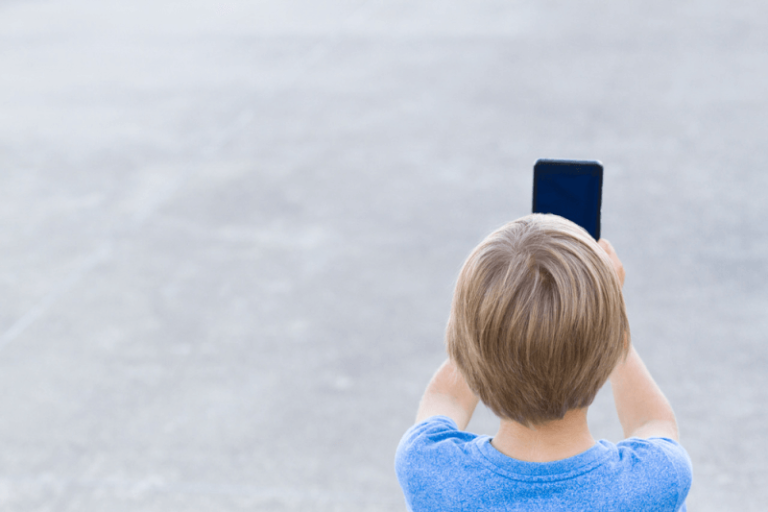Welcome back everyone; it’s good to be back in school! In my reading over break, I came across some interesting articles like this one in the Washington Post, “Former Facebook VP Says Social Media is Destroying Society with ‘Dopamine-Driven Feedback Loops,’” and this one on NPR’s website: ”Large Shareholders Ask Apple to Help Wean Digital Addicted Youth.”
This open letter to Apple from some shareholders calls on the company to do more to help parents manage electronic devices for young people. These shareholders own more than $2 billion of Apple stock, and their letter generated a lot of national attention. The shareholders cite the number of hours young people spend on their electronic devices and the resulting negative outcomes. The letter describes some simple solutions that Apple could employ to help parents manage children’s screen time.
Believe Me, They Won’t Say Thanks
While I applaud the letter and effort to hold a major technology company more accountable, I can’t help thinking that parents, if they are truly concerned about the dangers of screen time (or any other concerning behavior), can and should not wait for Apple to respond. They need to act now and parent. Being a parent is a tough job, and much of the time, it feels thankless. We invest long hours in our kids. At one time or another, we are their chauffeurs, their cooks, their cleaners, their medical managers, and financiers. The “return” on this work is not realized until much later in their lives, and most of our children won’t ever fully understand what we have done until they become parents themselves. When a parent teaches a child responsibility and accountability through discipline, the child doesn’t usually (translate “will never”) respond to those lessons with, “Thanks Mom and Dad for grounding me. I know this will teach me an important lesson about telling the truth.” Or, “I am so glad you didn’t let me watch that movie tonight on Netflix because I didn’t clean my room. Now, I will better understand why I need to do more to pitch in to help with family chores.”
Boundaries, Boundaries, Boundaries
As parents, we must balance our own instincts, experiences, and values against the social context in which our children are growing up. In the 1950s, parents had to deal with the emergence of new social conventions, dress, speech, and music that challenged the status quo. The demographics of this decade and the relative abundance of wealth and materialism seems to have set into motion the idea of “youth” vs. parent generational conflict. The same thing happened in the 1960s, but there was also intense political debate over Vietnam, more massive societal and cultural changes, new attitudes about sexuality, and more widespread use of drugs. In the 2000s, technology has been a new kind of disruptive force.
Technology Temptation
No matter the era in which we parent, there will always be challenges and disruptive forces. Some of them can be good and are worth embracing. Others represent challenges and must be properly harnessed; technology is one of those. Who wouldn’t want to spend hours on end watching Netflix or connecting with friends electronically? Yet as adults, we know that this behavior does not lead to a healthy and rewarding life. I want parents to feel empowered and responsible for helping young people understand boundaries and to protect children from their own worst impulses. I believe it is increasingly difficult for parents to answer the questions, “When and how do I say no to my child?” I hope parents can absolve themselves of the understandable and logical compulsion we feel to always make our kids happy. Yes, we want happy kids. But, we also want good and healthy kids, too.
I am not anti-tech. Goodness knows we embrace technology at CA and work to do all that we can to teach students about digital citizenship and about the remarkable access to information that technology provides. There are so many good things that smart devices bring to our lives. Alongside those benefits, there is also room for a healthy dose of parental fortitude in providing the best possible guidance when it comes to screen time. In this new year, I hope we can all help children be the best and healthiest people they can be.
